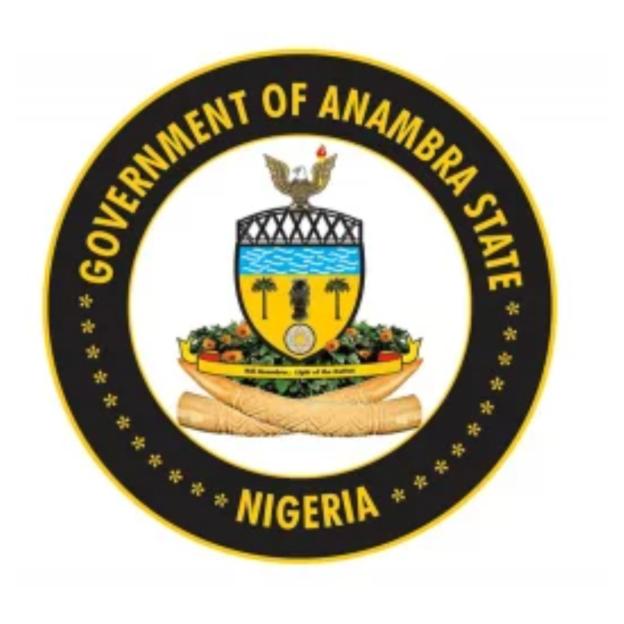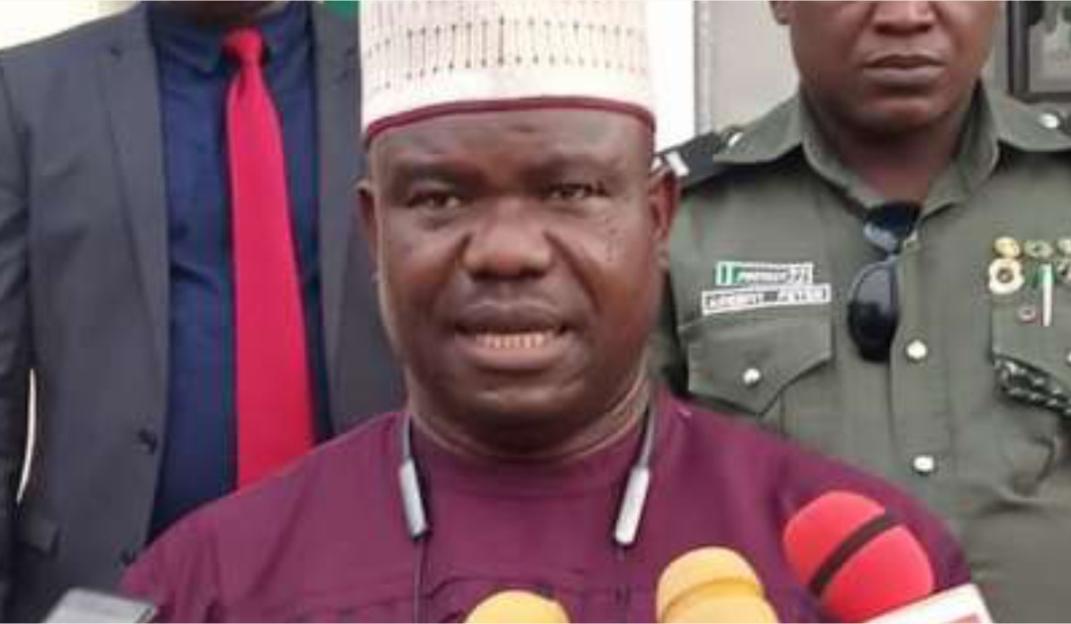Table of Contents
- Return of Nigerian Citizens
- Arrival Details
- Demographics of Returnees
- Immigration Services
- Humanitarian Assistance Provided
- Coordination of the Operation
One hundred fifty-three Nigerian returnees from Chad, as part of the Assisted Voluntary Return Programme, facilitated by the International Organisation for Migration in partnership with the Federal Government, have been received by the National Emergency Management Agency.
The Lagos Operations Office of NEMA announced via X on Tuesday that the returnees arrived at the Cargo Terminal of the Murtala Muhammed International Airport, Lagos, on Sunday, October 27, 2025, at approximately 12:15 PM aboard an ASKY Airlines flight with registration number CAS-AC.
The breakdown of the returnees included 105 adults (63 males and 42 females), 45 children (25 males and 20 females), and 3 infants, all of whom were female.
Upon arrival, officers from the Nigeria Immigration Service (NIS) conducted biometric registration and documentation to ensure accurate profiling and to facilitate a smooth reintegration process into the country.
NEMA stated that, in line with the federal government’s commitment to ensuring the safe, dignified, and humane return of citizens, the returnees were provided with immediate humanitarian assistance, which included food and clean drinking water, medical care and ambulance services, luggage handling and logistics support, as well as general coordination and counseling services.
The agency clarified that the operation was jointly coordinated with the IOM, the National Commission for Refugees, Migrants, and Internally Displaced Persons.
Frequently Asked Questions
What is the Assisted Voluntary Return Programme?
The Assisted Voluntary Return Programme is an initiative that helps citizens return to their home country safely and with dignity, often in collaboration with international organizations.
What kind of assistance do returnees receive?
Returnees receive immediate humanitarian assistance including food, clean water, medical care, and support for reintegration into their communities.







